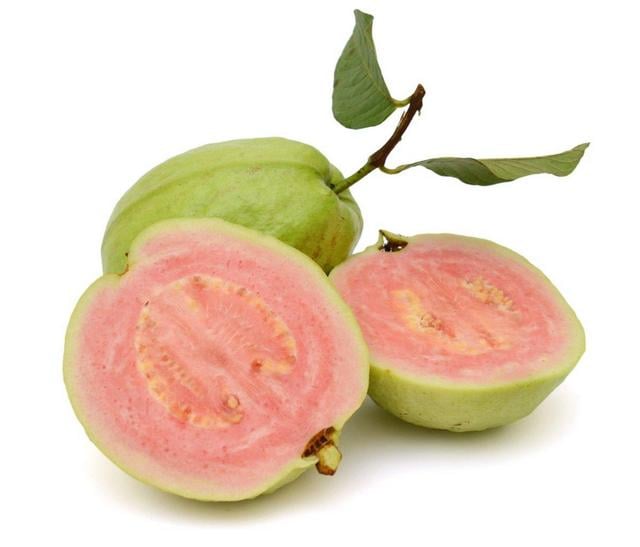 Tropical fruits (pineapple, blood orange, grapefruit, tangerine, mango, peach and ever onward) have been growing on beer drinkers. Craft breweries have responded — Ballast Point’s Grapefruit Sculpin, New Belgium’s Citradelic Tangerine IPA, Heavy Seas’ TropiCannon, Samuel Adams’ Whitewater IPA — with new fruit bombs hitting shelves seemingly every other day.
Tropical fruits (pineapple, blood orange, grapefruit, tangerine, mango, peach and ever onward) have been growing on beer drinkers. Craft breweries have responded — Ballast Point’s Grapefruit Sculpin, New Belgium’s Citradelic Tangerine IPA, Heavy Seas’ TropiCannon, Samuel Adams’ Whitewater IPA — with new fruit bombs hitting shelves seemingly every other day.
Now, as a brewer: What’s the best and most economical way to capture that fruit flavor in a recipe? Well, you can use fresh fruit, 100 percent fruit juice or maybe fruit puree. Oregon Fruit Products is focused on the latter. Oregon Fruit Products is nestled in the beautiful Willamette Valley (also known for its hops) where it sources summer fruits and berries picked some 10 miles away from where it cans, freezes and purees its products. The company even has a division dedicated to brewers and alcohol makers — Oregon Fruit for Fermentation.
“Oregon Fruit Products has been processing fruit for 82 years, first as cans and then as purees for food service,” explained Chris Hodge, director of sales brewing at Oregon Fruit Products. “Our first aseptic system was purchased in 1986 as a way to package pureed plums for Heinz Baby Food, but it wasn’t until the late ‘90s when the craft brewing business was starting to gain popularity that one of our sales managers reached out to Steelhead Brewing Company in Eugene, Oregon.
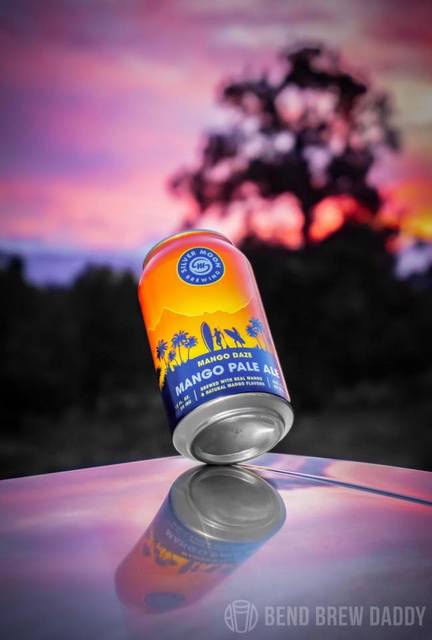
“Today we have 19 pure fruit purees to choose from [for brewers], with several more seasonal offerings in the works. We have a broad cross section of berry, citrus and tropical fruits available year-round. Even with the increased interest in the tropical fruit category, Red Raspberry is still our best-selling puree.”
Recently, Oregon Fruit Products released a new flavor to the fermentation market: pink guava puree. Like all of Oregon Fruit for Fermentation products, the fruit is carefully selected for maximum ripeness and flavor and pureed into a velvet-smooth consistency, so that it is ready for incorporating into a variety fermented beverages, including beer, cider, mead, spirits, wine and kombucha. The puree contains 100-percent pink guava juice and pulp, with no added sugar, preservatives or additives. The taste is reminiscent of similarly sweet and medium-acid fruits such as papaya, melon and pear with a very aromatic, rich bouquet.
With the popularity of fruit beer and its own line of fruit beer products growing, we decided to lob a few questions over to the puree experts at Oregon Fruit Products to gather a few insights for our brewing readership. Here goes…
CBB: What are the advantages of using a puree — compared to just juice, the real fruit or something else? How does the price compare to those options?
Hodge: With fresh fruit, brewers may face some inconsistencies in ripeness, fruit quality and availability, not to mention the labor hours involved when turning fresh fruit into a usable fermentable form. With fruit concentrates or essences, you can capture a certain amount of fruit aroma, but the final fruit flavor in the beer can sometimes be rather one dimensional. Fruit juice is typically not a strong choice for brewers, as there tends to be less intensity of overall fruit character. We have been told by brewers all across the country that our pure fruit purees provide the perfect blend of color, aroma and fruit “backbone” to the finished beer. Price-wise, we are competitive with frozen and less expensive than fresh, but the convenience factor and ease of use really tip the scales in our favor.
Can you give us some tips for using a puree in the brewing process? What insights can you share about the amount to use, techniques to brew with, cleanup or storage of puree products?
It couldn’t be easier because all of our Fruit for Fermentation products come ready to use. They can be stored in ambient temperatures for five months for light colored fruits and up to 18 months for dark fruits and even longer with refrigeration. The purees work best when used during primary fermentation, but we’ve also seen great results with customers using them during secondary and post-fermentation for barrel- and sour-aged beers. To use the puree, simply open the bag and pour the product into the fermenter, barrel or any type of aging vessel. Factor about 1 to 2 pounds of puree to 1 gallon of finished beer. After that, recycle the box and discard the bag.
Sounds easy enough. I think of pink guava as sweet, but your puree has a nice tart balance. What advice can you offer for using pink guava flavor in a beer? What matches well with pink guava? Do you recommend any complementary hops or malts?
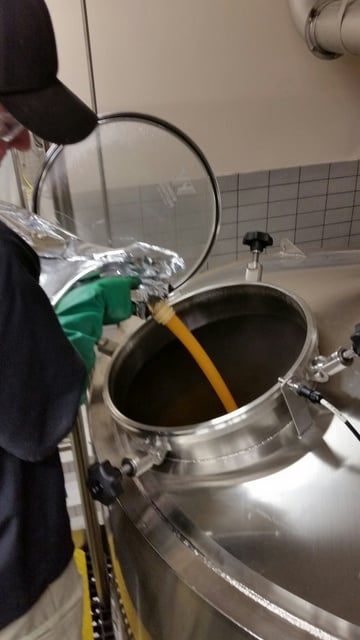
Actually, the pink guava we source is slightly sweet so as not to overwhelm the flavor profile of the final brew with too much sweetness. The pinkish hues of the fruit provide nice color and the tropical aromas really pop in the final product. Much like the rest of our purees, they are utilized for a broad range of beers such as Belgian wits, traditional Berliner Weisse, session IPAs and saisons. We think the puree would do exceedingly well with low- to mid-range alpha acid content hops, pale malts, crystal malts and any lighter pilsner malts. We have some customers who have purchased pink guava specifically for some new barrel-aging projects, so we’re looking forward to seeing how those turn out.
Why should brewers turn to Oregon Fruit Products for its puree needs? Why are your products better than everyone else? How does your company relate to small, organic-focused, community-minded craft breweries around the country?
Without question, we produce a product that is unsurpassed in ease of use and quality – our standards for fruit sourcing are some of the highest in industry. But I think the real “x factor” is that we have over 60 years of combined knowledge and relationships between me and our CEO, Chris Sarles. We live and breathe craft beer culture. So we’ve worked hard to build trustworthy relationships and really listen to the needs of our customers — whether they are small craft brewers or large international corporations.
But honestly, we wouldn’t have a fermentation side of our business if the idea of adding fruit in beer wasn’t embraced by the entire industry. The brewers took the idea and ran with it, distributors agreed to sell it, the retailers made room on the shelf for it and the consumers drank it and asked for more. As long as the fermentation industry continues to innovate and embrace this category, we’ll be here with the best fruit puree in the business.


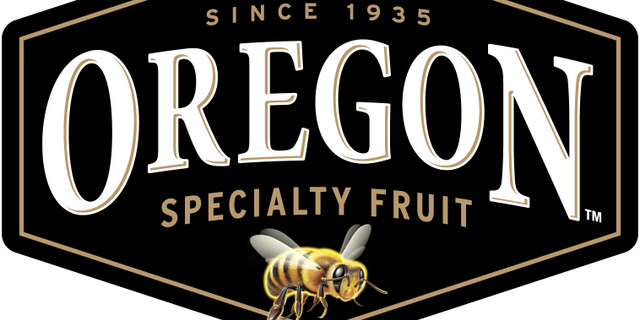
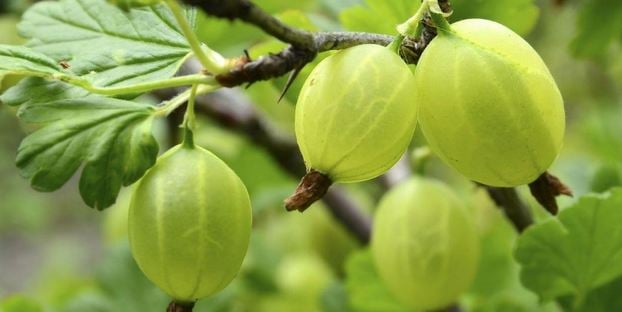
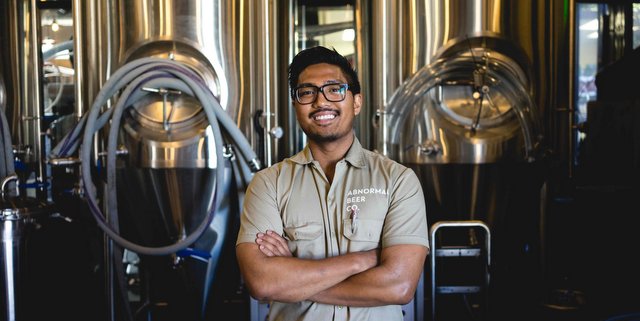
Leave a Reply
You must be logged in to post a comment.